Fifteen Minutes of Fame
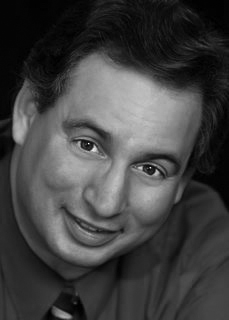
Fifteen Minutes of Fame: with Andrew White
Dr. Andrew White currently serves on the voice faculty of the University of Nebraska at Kearney. He holds a Bachelors and a Masters Degree, as well as an Artist Diploma and Doctorate from The Cleveland Institute of Music/Case Western Reserve University. Previous faculty positions include Indiana University of Pennsylvania, The University of Akron, Hiram College, Lake Erie College, Baldwin-Wallace College Conservatory of Music, and Ashland University. In 1995 he made his New York debut in Weill Recital Hall at Carnegie Hall in a program devoted to the songs of Frederick Koch with the composer at the piano. Ken Smith of New York Concert Review hailed Andrew White as "…a formidable interpreter… Every song composer should be so lucky with collaborators."
Concert Dates
- February 8, 2015 - Composer's Voice, Jan Hus Church, New York City
- February 8, 2115 - Music at Savior, Paramus, New Jersey
- February 9, 2015 - Nyack College; Nyack, New York
- February 8, 2016 - University of Nebraska Kearney, Nebraska
- March 5, 2016 - Great Plains Regional CMS Conference, University of Missouri-Kansas City, Missouri
- March 19, 2016 - South Central Regional CMS Conference, Midwestern State University, Wichita Falls, Texas
- April 1, 2016 - Great Lakes Regional CMS Conference, Indiana University-South Bend, Indiana
15 one-minute selections for Andrew White
-
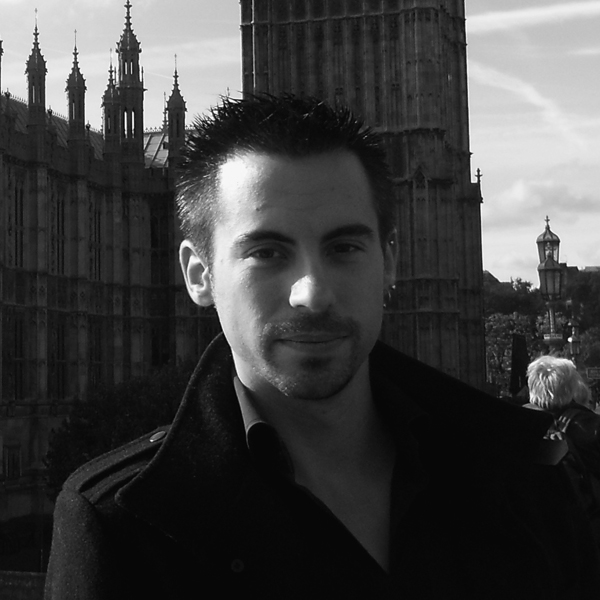
L'adieu pour voide de baryton
Jean-Patrick Besingrand
Jean-Patrick Besingrand was born in France in 1985. He obtained his Masters in musicology and his diplomas in Musical analysis, Harmony, Counterpoint, and Fugue. He is working on his thesis at the Sorbonne, and studies composition in Bordeaux. His music is played in the United-States, France and China.
This piece is a tribute to French melody. The poem is the starting point of the composition and dictates its form. The intimate character and the relationship between text and music are predominant here. An allusion to the golden ratio is present in the expression of the text.
-
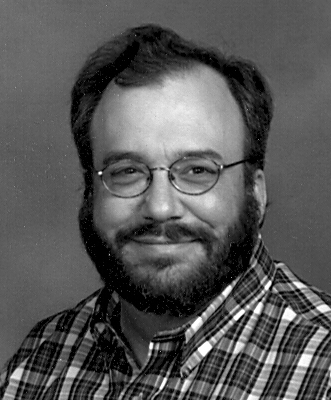
Private Song
David Bohn
David Bohn received degrees in composition from the University of Wisconsin, University of Wisconsin-Milwaukee, and the University of Illinois. He currently resides in West Allis, Wisconsin, and is the music director at St. John's Lutheran Church in West Milwaukee. He is the President of the Wisconsin Alliance for Composers.
-
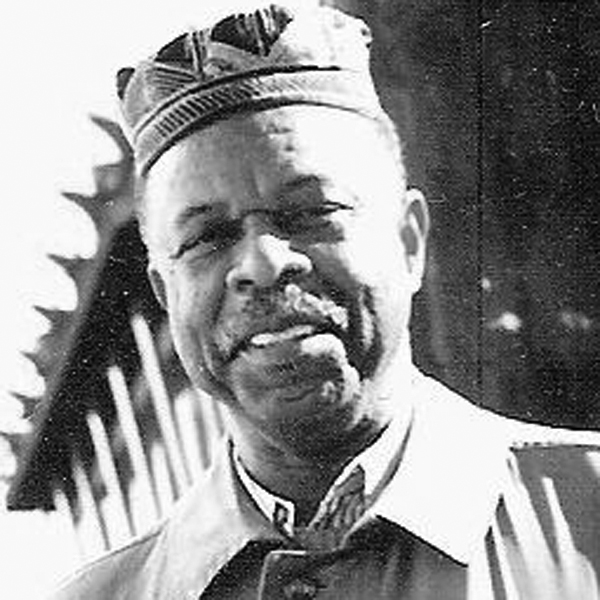
Brief Glimpses of the Mystery
George Brandon
George Brandon, an interdisciplinary artist born in Newark, NJ in 1947, received degrees from Reed College and Rutgers University, and has spent most of his academic career at the City College of New York. Formerly a jazz trombonist, he now concentrates on composing and leading the Blue Unity Ensemble\Orchestra.
Brief Glimpses of the Mystery is one of an ongoing series of short pieces concerned with the mysteries of life. “Drunk All the Time,” the fourth in the series, is a setting of a poem of the same title by the American poet, novelist and visual artist Kenneth Patchen.
-
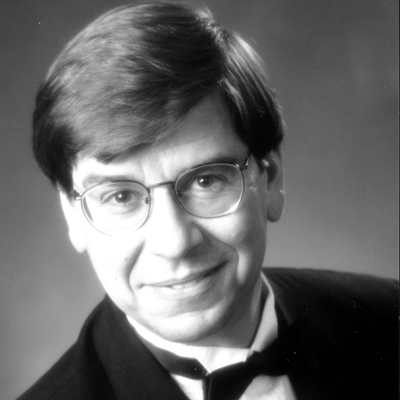
Desire
Doug Davis
Doug Davis graduated from the University of Tennessee and Harvard University and wrote Gifts Given. During his tenure at California State University Bakersfield, Davis was selected the outstanding professor, created multiple concert series of Guest Composers, the Bakersfield Jazz Festival and Legends of Jazz concerts, and won the WANG award.
This composition coalesced around a point of great tension in my life culminating in a jolt of fear that spurred an immediate recitation of the Twenty-third Psalm. Before that moment, days had passed since I looked up into the night sky and said, “You’ve got it. I’m stopping here.” -
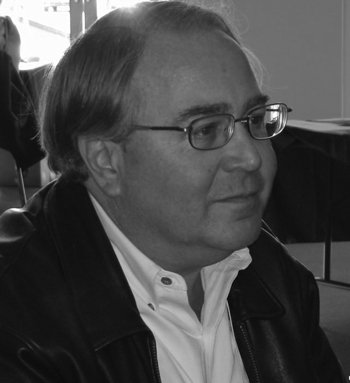
Serenade
Art Gottschalk
A man whose music has been described as “rapturous, argumentative, and prickly” (Gramophone Magazine), and “fascinatingly strange” (BBC Music Magazine), award-winning composer Arthur Gottschalk is Professor of Music Composition at Rice University’s Shepherd School of Music. He founded the university’s electronic and computer music laboratories, and was its Director until 2002.
The text is by Malcolm Brodwick, a brilliant biophysicist and Fellow of the Max Planck Institute. He was also a film-maker, poet, and musician, whose knowledge of classical music and Asian arts surpassed that of most professionals in those fields. He passed away recently, and is sorely missed; those of us whose lives he touched are grateful for every moment we had with him.
-
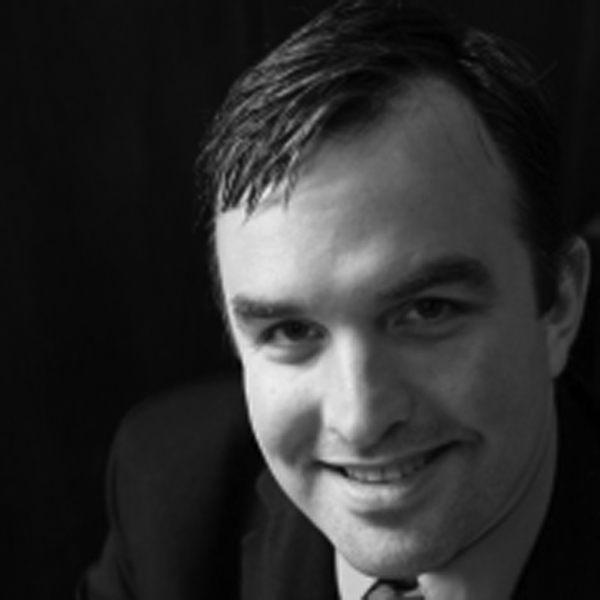
Clamavi
Eric Knechtges
Eric Knechtges currently lives in Cincinnati, Ohio, and is Assistant Professor of Music Theory and Composition at Northern Kentucky University.
"Clamavi" is the verb from the opening of Psalm 130: "De profundis clamavi ad te, Domine (From the depths I cry unto you, O Lord)." However, the tone of the text in this piece is more universally searching, with the Cosmos providing a calm, cryptic reply.
-
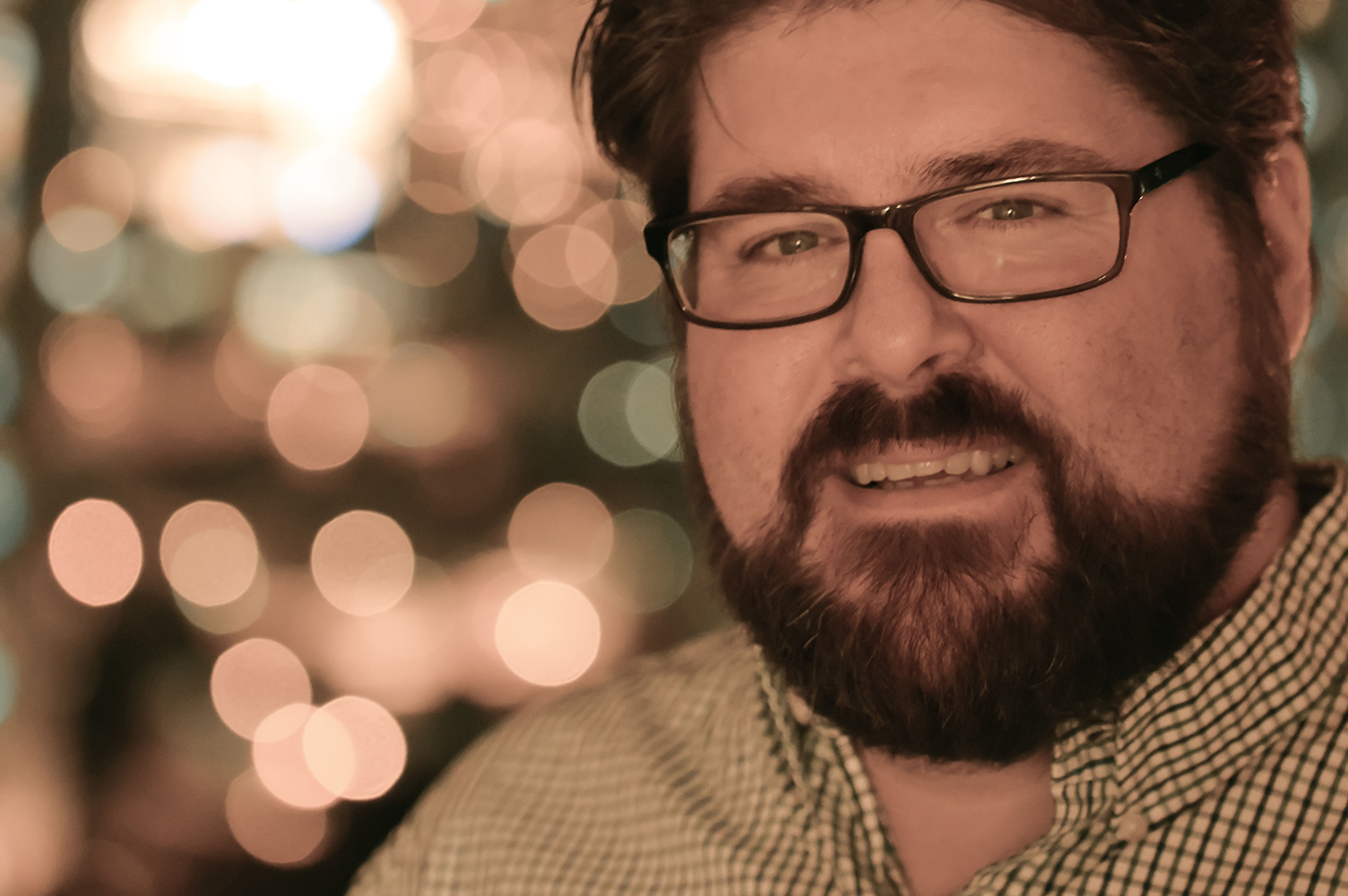
Ceremony
Mike McFerron
Mike McFerron is professor of music and composer-in-residence at Lewis University, and he is founder and co-director of Electronic Music Midwest (http://www.emmfestival.org). His music can be heard on numerous commercial CDs as well as on his website at http://www.bigcomposer.com.
Ceremony for baritone and tibetan singing bowl was written for 15 Minutes of Fame singer, Andrew White.
-

The Clock Strikes One The Just Struck Two
Amanda McCullough
Amanda McCullough is an up-and-coming composer from Lincoln, Nebraska. Originally from Topeka, Kansas, she studied trumpet at Washburn University, graduating Summa Cum Laude with Music Department honors in 2011, earning a BM in trumpet performance, a BA in music, and a minor in mathematics. After her graduation from Washburn, she relocated to Lincoln, where she studied composition at the University of Nebraska under Dr. Eric Richards, earning a Masters of Music in Composition in 2013.
-
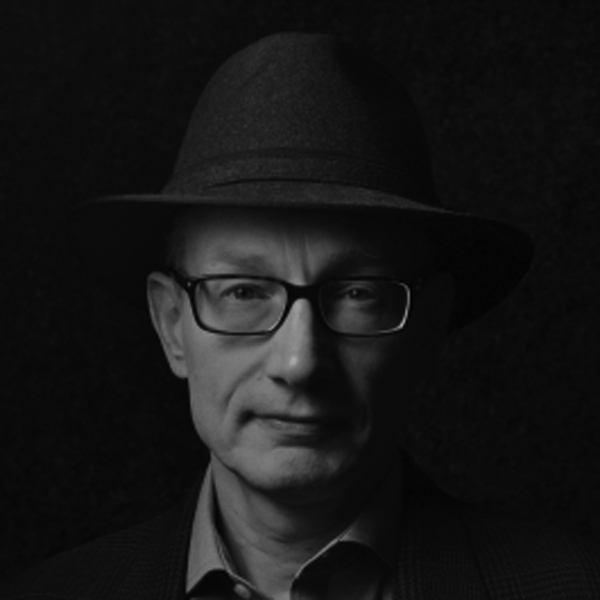
Oh Karma, Dharma, Pudding and Pie
Jonathan McNair
Jonathan McNair demonstrates his love of music by composing, teaching, directing, and organizing concerts in Chattanooga, Tennessee. His music has been performed across the U.S.A. and internationally. McNair is a graduate of The Cleveland Institute of Music, Southern Methodist University, and Appalachian State University. Husband, father, dog-lover, et al.
Philip Appleman’s tongue-in-cheek version of a prayer seemed to be begging for a musical setting. It reflects both the high and lofty aspirations and the base self-interest that so often characterize the modern human condition. In this Broadway-inspired version, the vocalist accompanies himself with “body percussion.”
-
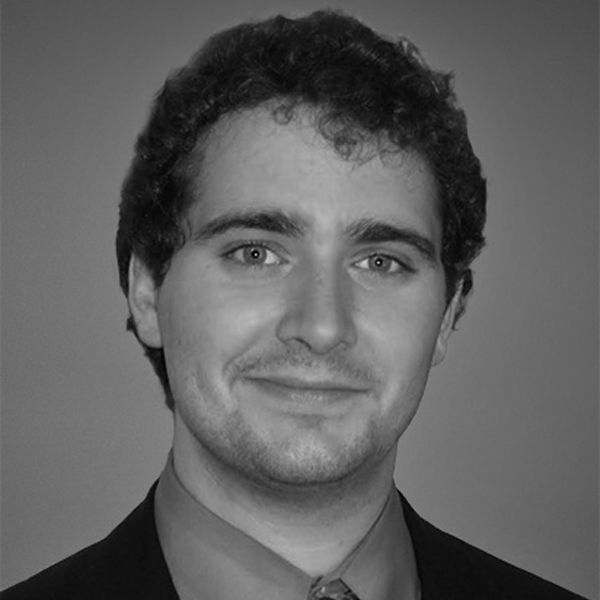
At Stratford-Upon-Avon
Casey Rule
Casey Rule is a graduate of Lehigh University where he studied music composition and computer science. He works for an online math education program, making math games for kids. Casey was recently the winner of the Musical Chairs Chamber Ensemble 2014 Composer Search and the ACDA-PA Choral Composition Contest.
When we experience another person's artwork, even though we may be separated from that person by centuries, we are able to have a kind of "speechless" conversation with them. This piece attempts to reflects both the temporally fleeting yet potentially eternal aspects of artistry.
-
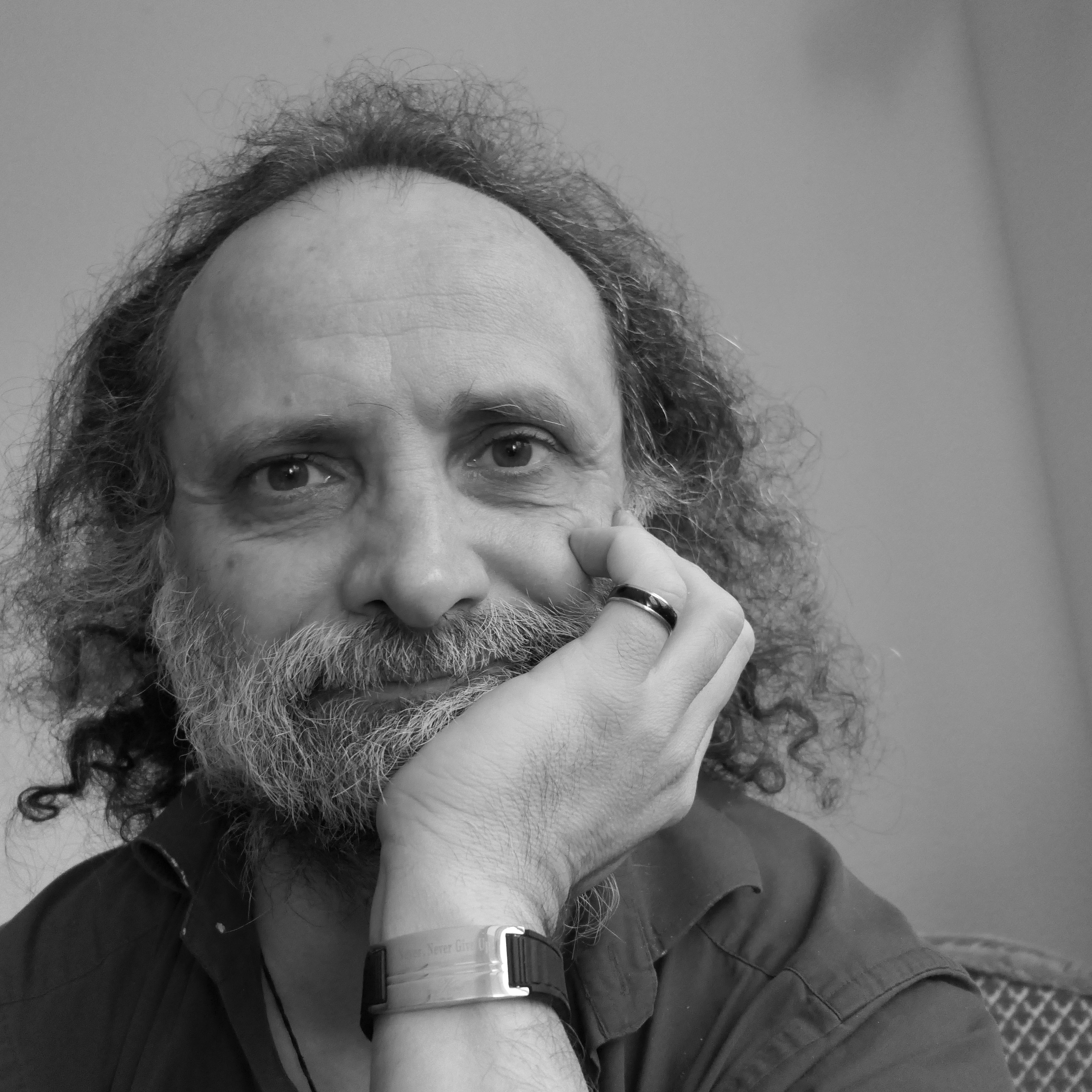
Your check is in the mail
Juan Maria Solare
Juan Maria Solare, born 1966 in Argentina, works currently in Germany as composer, pianist (contemporary & tango) and teaching at the University of Bremen and at the Hochschule fuer Kuenste Bremen. His music has been performed in five continents. Fourteen CDs of different performers include at least one piece of him.
Your check is in the mail - This piece is based upon deconstruction, fragmentation and reordering of a single sentence of six words. The reconstruction produces different meanings due to the polysemy of the words involved. Polysemy happens when a word is associated with two or more distinct meanings (which become clear through word recontextualizing).
-

Symphony of the Sea
José Jesus de Azevedo Souza
José Jesus de Azevedo Souza studied in England at the Purcell School with a scholarship from the Calouste Gulbenkian Foundation and later studied at the Trinity College of Music and the University of Sheffield. He has since composed a considerable amount of music, some of which has been performed.
With text by Alwye, this effusive song for baritone Andrew White wistfully rolls, punctuated by stamps and claps.
-
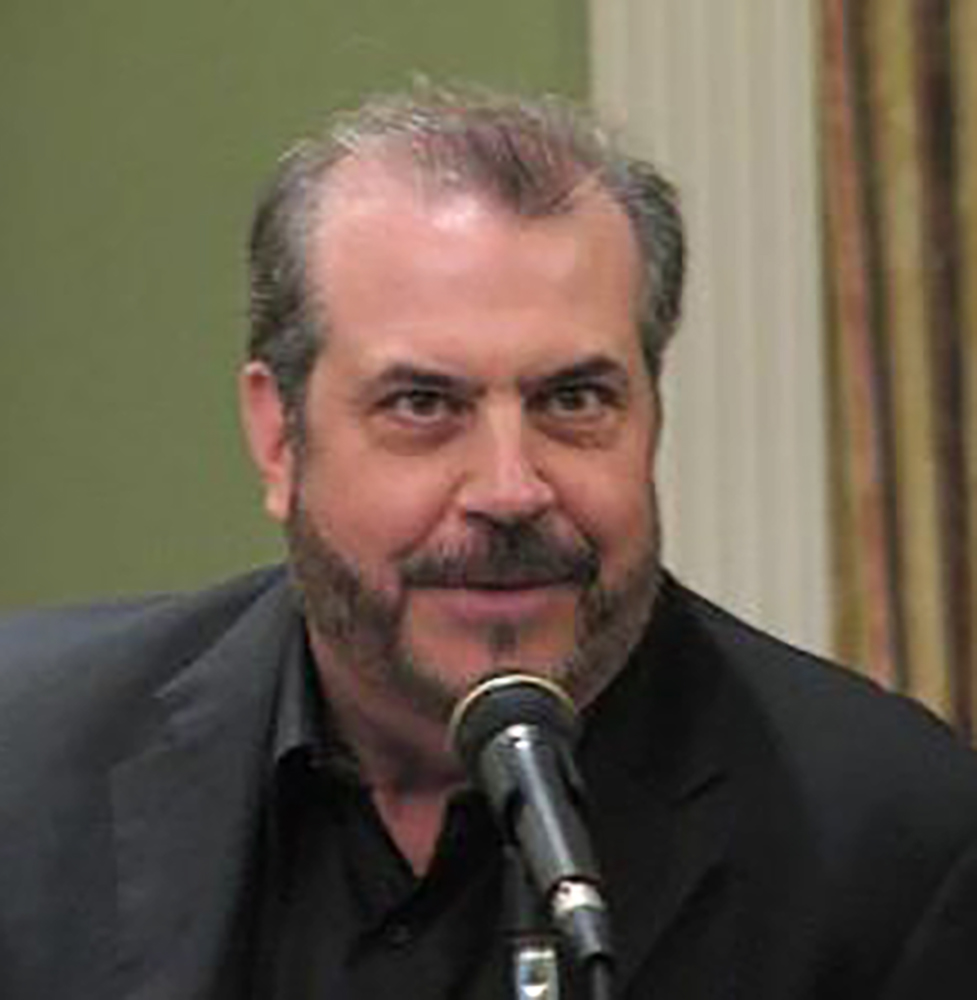
Psalm 23
Stephen Stanziano
Stephen Stanziano is a composer from Northeast Ohio who holds a Ph.D. in music theory and composition from Kent State University. His music has been performed in the United States and Europe, including St. Peter’s Basilica in Rome. He is a 2013 ASCAPLUS award winner.
The work is a setting of The Old Testament’s Psalm 23 for solo unaccompanied baritone voice. The chant-like melodic content is derived from the Harmonic Series. An optional “drone” (played by the baritone) may utilize any sustaining instrument including any string or pitched-percussion of the performer’s choice. Duration: 60 seconds.
-
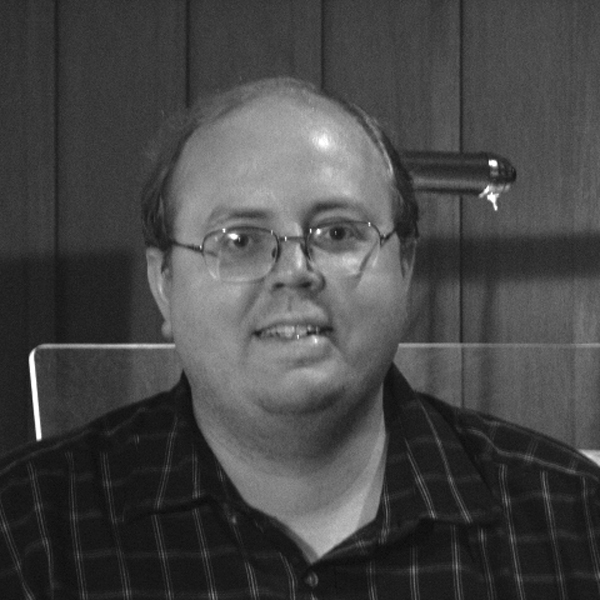
For I Am Persuaded
Christopher M. Wicks
Christopher M. Wicks lives in Oregon's Willamette Valley, where he is active as a composer, organist, pianist and poet. He holds a MM in Composition from the University of Montreal, where he studied under Isabelle Panneton, and he is a Fellow of the American Guild of Organists.
The text of my piece, drawn from Paul's letter to the Romans, emphasizes the constancy of God's love, symbolized by the recurring single pitch in the chime played by the baritone as he sings. This Biblical passage has been openly called a favorite in my family for as long as I can remember, despite our habitual shyness about discussing these matters.
-
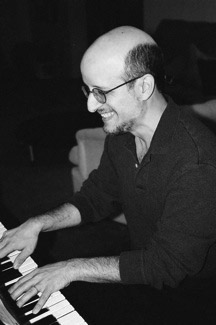
Epoxy Margaret
David Wolfson
David Wolfson is an eclectic, versatile composer of songs, concert music and music for theatre. His CD Seventeen Windows is available from Albany Records and wherever sound files are downloaded. Please visit his website, www.davidwolfsonmusic.net.
The evocative phrase Epoxy Margaret is from Dan Piraro's comic strip Bizarro (www.bizarro.com); the panel in question shows a character ranting about how his generation never wore bike helmets, and concludes "just my fine are brains today. Epoxy Margaret?" My son used to use it in lieu of swearing when he was about eight years old.